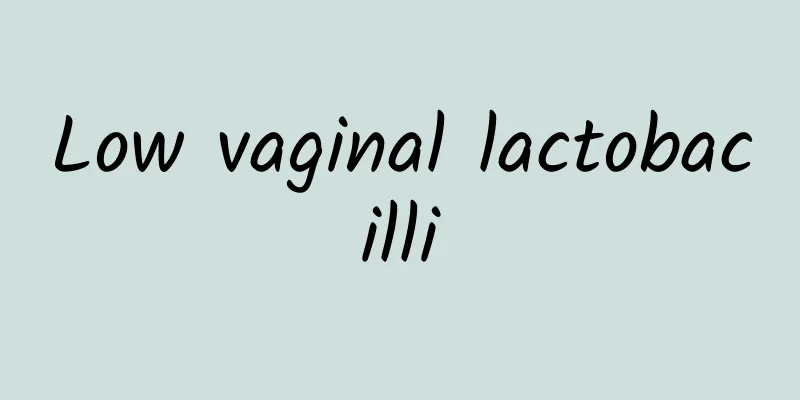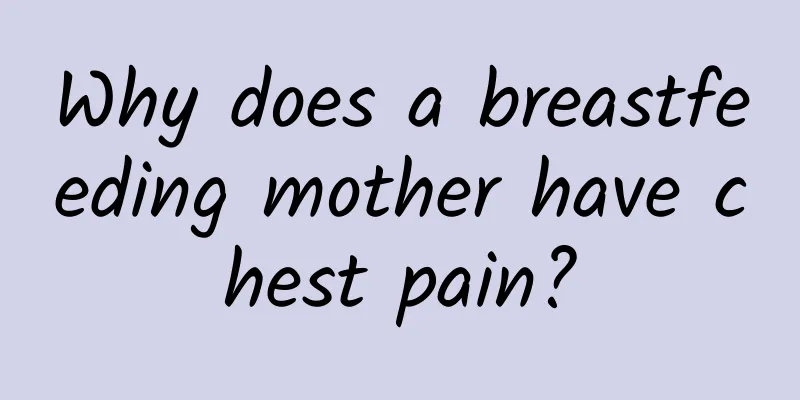Does a baby who loves to frown have cerebral palsy?

|
If a baby likes to frown, it does not necessarily mean he has cerebral palsy. We know that babies are relatively young and their nervous systems are not yet fully developed. Sometimes they will exhibit some unconscious behaviors. As the baby grows older and their nervous systems continue to develop, such manifestations will gradually improve. Of course, if there are some other symptoms, you should go to the hospital for examination in time and be alert to the disease of cerebral palsy. Early symptoms of cerebral palsy 1. Athetosis: It often manifests as involuntary "worm-like" movements of the limbs, head, face, or muscles throughout the body. It worsens when you are nervous or excited, and eases when you are quiet. The hyperactivity disappears after falling asleep. The symptoms of hyperactivity are particularly obvious when performing conscious actions. For example, when taking an object, one cannot touch the object smoothly, but instead raises the upper limbs high or stretches them backwards, shakes the whole body, exerts force, and has increased facial muscle activity and strange expressions. The ability of coordinated movement is extremely poor. Due to the involvement of facial muscles, tongue muscles and vocal muscles, language disorders are often present. 2. Spastic type: Most children with cerebral palsy belong to this type, which is also the most common clinical type. The child has difficulty abducting both thighs, the knees are difficult to straighten after flexion, and the gastrocnemius muscles contract, causing Achilles tendon contracture. When held upright, the lower limbs are straightened, adducted and internally rotated, and the legs are crossed in a scissor shape. When walking, the patient has a "scissor-like" spastic paralysis gait, with the toes touching the ground. The upper limbs show flexion of the elbow and wrist joints. 3. Ataxia type : This type is less common and is mainly manifested by signs of cerebellar lesions, common nystagmus, dysmetria, unsteady gait, shaking and intention tremor. Muscle tone is low and tendon reflexes are not hyperactive. 4. Other types: (1) Myotonic type: The main manifestations are extrapyramidal symptoms such as lead pipe-like or gear-like increased muscle tension, and tendon reflexes are not hyperactive. (2) Hypotonia type: characterized by low muscle tone, but tendon reflexes are present or hyperactive. (3) Tremor type: manifested as resting tremor, which is related to extrapyramidal system involvement. 5. Children with cerebral palsy often suffer from extensive brain damage, so it is common for them to have other neurological abnormalities. For example, 25-80% of the children suffer from mental retardation; 25-50% of the children suffer from epilepsy. |
<<: What are the reactions of children with cerebral palsy during pregnancy?
>>: Does a baby who likes to rub his feet have cerebral palsy?
Recommend
Effects of Red Ginseng Qi and Blood Decoction
Red ginseng is a relatively common type of ginsen...
Is TCM effective in treating ankylosing spondylitis?
Ankylosing spondylitis is a serious disease. The ...
Symptoms of cervical heart disease
There are many heart disease patients in our live...
The fastest way to relieve stomach bloating
There are many quickest ways to solve abdominal b...
The efficacy and function of Xiaodaohong
Xiaodaohong always gives us the feeling of poison...
How much menstrual bleeding is normal?
Women will have their period when they reach a ce...
What to do if your baby vomits and has diarrhea
Babies are easily attacked by viruses because of ...
What should I do if my mouth is inflamed and blisters?
If your mouth is inflamed and has blisters, you m...
What medicine is effective for cheilitis
We all know that when spring or winter comes, the...
What to do if your skin is dull and yellow
Dark yellow skin is harmful to our health, so we ...
My lower abdomen is swollen when the due date comes. Does this mean I am about to give birth?
When the due date arrives, pregnant women will ha...
What causes pain in male genitals?
For men, the genitals are a relatively sensitive ...
Symptoms of spleen and stomach deficiency
As a member of the human digestive system, the sp...
Where does labor pain hurt?
After a long period of pregnancy, pregnant women ...
What causes bleeding in moles?
It is very common to have black moles on the skin...









